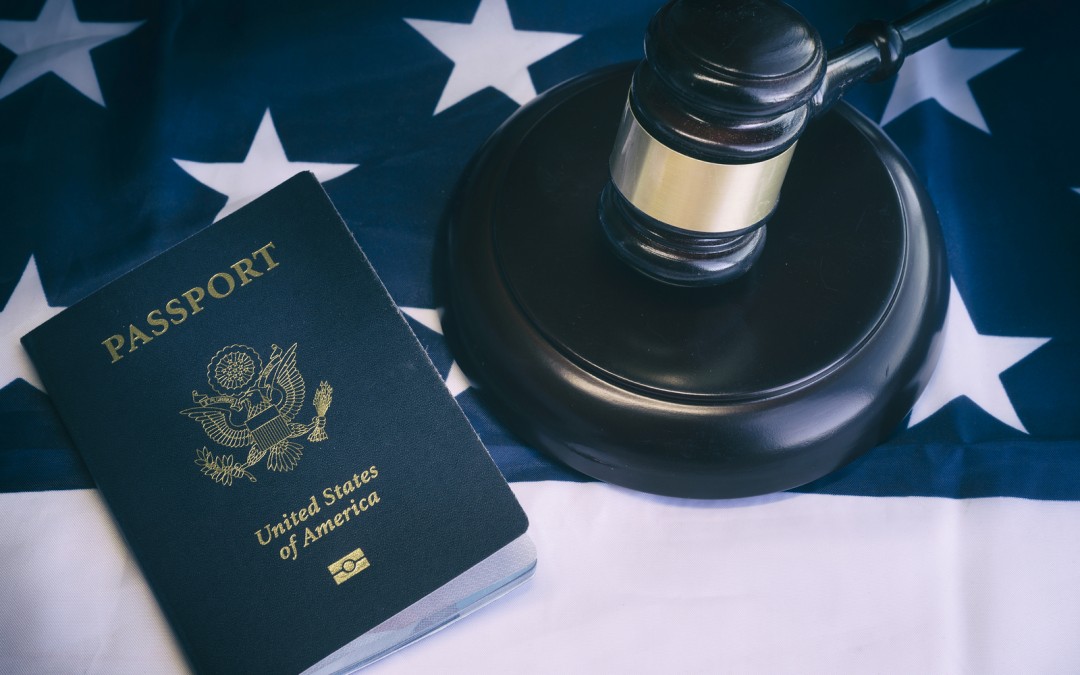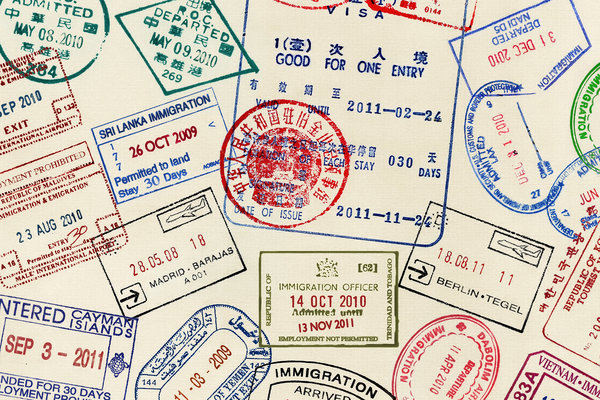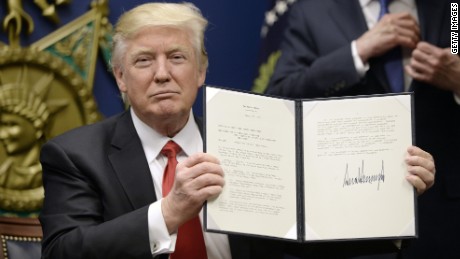Give Up U.S. Citizenship
As America becomes ever more intrusive in the daily lives of expats and residents alike, and the tax burden of the “haves” increases each year, the number of people giving up U.S. citizenship is also increasing. In some studies, the number whom give up U.S. citizenship has grown by a factor of 10 in five years.
First, let’s talk about what you get when you give up U.S. citizenship. You get a life free of the U.S. IRS. You’ll never need to pay in to the U.S. tax system again. While the U.S. does tax its citizens no matter where they live, once you dump that blue passport, you’re free of Uncle Sam.
It is fear of the IRS, and unreasonable taxation of Americans abroad, that are the most common reasons cited by those who give up U.S. citizenship. I think it is safe to say that, if the U.S. stopped taxing its citizens living abroad, the number of expatriations would drop significantly.
Note that the U.S. taxes its citizens on passive/investment income no matter where they live. If you also earn a salary from a foreign corporation, and qualify for the Foreign Earned Income Exclusion, you can earn up to $99,200 before Uncle comes calling. If you are living abroad, and your primary source of income is a salary or an active business, you may be able to operate tax free without expatriating.
If you are convinced you want out of the U.S. system, there are three steps you must take BEFORE you disengage.
– Step 1: Move your assets out of the U.S. and to a tax free offshore jurisdiction
– Step 2: Decide where you would like to live abroad … where you would like to make your home base.
– Step 3: Obtain a Second Passport
Step 1: Move your Assets Out of the U.S.
Even while your most important asset is in America (you), begin moving liquid assets and retirement accounts out of the U.S. Before you give up U.S. citizenship, you must plant that first flag offshore in the form of a corporation, business and/or investment accounts under the foreign structure, and more your retirement accounts abroad.
We can provide introductions to a number of offshore banks and brokerage firms, as well as international real estate investments and physical gold facilities. We are experienced in helping citizens diversify out of the U.S. in anticipation of giving up U.S. citizenship. We will ensure you do it effectively, efficiently, and, most importantly, legally.
Even if you are going to invest in to the U.S. markets, you should be doing so through a foreign company and brokerage. Yes, you will have access to all areas of the United States markets, as well as a range of international investment opportunities. If you are looking to diversify out of the U.S. dollar, you can hold your accounts in just about any currency you choose.
Step 2: Identify Countries Where You Would Like to Live
Once you give up U.S. citizenship, you won’t usually be able to live in the United States … though, I did know one person who did exactly this because his spouse changed her mind after the expatriation process was complete. For the rest of us, we shouldn’t plan to spend more than three or four months in America. If you’re here six months, then you are a tax resident, even though you have no U.S. passport, and get to pay U.S. tax on your worldwide income.
So, you need to figure out where you would like to live. Those of you who follow my postings know I’ve been a fan of Panama for a decade, was recently reintroduced to Chile, and have always had a soft spot for Medellin, Colombia, as having the highest quality of life in South or Central America.
Most of my recommendations center around Latin America because I like to be within the same time zone as the United States in nations with first world telecommunications. This is because I am running a business. If I were retired, I think my suggestions would be more diverse.
If you’re undecided on where to live once you give up U.S. citizenship, I suggest you take a look at www.liveandinvestoverseas.com. They are the best site on the web at providing the information and tools future expats need to make decisions.
I will note that where you live does not need to be the same country where you bank or invest, but it should be where you obtain a residency permit. I believe you should hold your assets in a country other than where you reside and plant multiple flags to ensure maximum diversification. Keeping in mind that most countries don’t tax worldwide income, this is usually an effective tax mitigation technique.
Though, you should live in a country that will grant you a residency. This will allow you to maximize the Foreign Earned Income Exclusion during your first year or two and while you are in the process of giving up U.S. citizenship. If you’re a resident of the country where you live, then you can spend more time in the U.S. If you don’t gain residency, then you must be out of the U.S. for 330 of 365 days and other issues may arise that will cost you when it comes tax time.
All of the countries I list above have efficient residency programs. I suggest that the least expensive, that doesn’t require you to make a significant investment and thus commit resources to a particular country, is Panama. Here, you can buy a small teak parcel for about $15,000 and gain residency through their Favored Nations Visa. No matter where you decide to live, you should have a solid understanding and plan for obtaining residency.
Step 3: Obtain a Second Passport
You might be surprised to find that the majority of calls I get from those who want to give up U.S. citizenship forget the most important component to the plan – you must have a second passport to go to before dumping your U.S. document. If you become a person without a country, you won’t be able to travel, open bank accounts, do business, or find a country that will grant you residency. You must have a new passport and citizenship in hand before you can terminate your U.S. tax paying obligations.
For detailed information on how to obtain a second passport, please see my page (top right menu). The basics are these:
You may qualify for a second passport by ancestry, marriage, religion, or extended residence in another country. For example, if your parents were born in certain EU countries, you can qualify for a passport and citizenship. If this is available to you, I strongly recommend you move on it immediately. Many countries have closed these programs, and others are sure to do the same.
Countries like Panama have residency programs that lead to citizenship. They require you to live and invest there for several years before applying, take 5 or 7 years, and are subject to change as national policies and the president change. In other words, the president in office and national policies will change during your residency period, and you are hoping not to be left out in the cold … or required to make a large campaign donation to the current president’s party.
If you don’t want to wait for years, and don’t have parents who can get you citizenship in their home country, then you will need to buy a second passport before you give up U.S. citizenship. The best program is from St. Kitts. I say it’s the best because the passport offers the largest number of visa free travel options. The least expensive with many visa free options Dominica. The lowest cost second passport with limited visa free options is the Dominican Republic.
If you want to buy a second passport, you should be aware that both Dominica and St. Kitts will do a very thorough background check on you and your family. Neither country will grant citizenship to anyone convicted of a felony … and you must provide a U.S. FBI report if you are going to give up U.S. citizenship.
* If you have a non-violent conviction in your distant past, you might have some options. Feel free to send us an email at info@premieroffshore.com with questions.
Thank you for taking the time to read through this post on how to give up U.S. citizenship. For more information, please see my second passport page. Feel free to phone or email us with questions.











